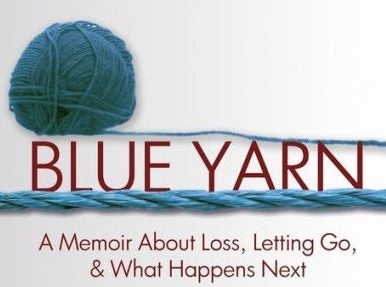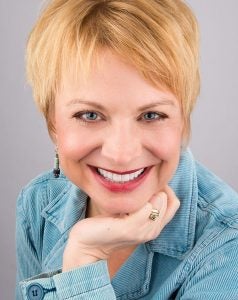The Postscript: No one identifies as being the popular one
Published 2:33 pm Thursday, August 29, 2019
I was not popular in high school.
Everyone says this. I now realize that no one—not even the most popular person in high school—self-identifies as popular.
Lately, I’ve been getting a lot of Facebook friend requests from people I scarcely knew in high school. I have a 40th class reunion coming up next year and I’ve been getting friend requests from people who, I am quite sure, would not have recognized me walking down the hall in high school. In their defense, I was part of a very large class and I think the divisions and subdivisions were almost necessary to find any sense of belonging in my high school. But I still think it’s odd to receive requests from folks who, I am quite sure, were convinced I was not cool forty years ago.
It’s almost made me wonder if I’ve become popular—at long last.
I guess this is possible. I’ve always been kind of a late bloomer. Neither of my parents would say they were popular (I think, objectively, that was probably true) so we had no family template for it.
My younger sister was not especially popular either. When her daughter, Isabelle, started junior high and was immediately invited to parties by students her age and older, my sister called me, in alarm.
“My daughter is popular!” my sister told me. “I have no idea how to deal with this!”
Unlike Isabelle, I never understood the rules in high school: how we were supposed to know intuitively what to do and what to wear and what music to listen to. My friends in high school tended to be the geeky ones. We avoided class assemblies by ducking into an unused janitor’s closet. (It was a big school. It was a big closet.)
I remember I wore red unions suits with skirts and long silk scarves to class. I listened to ten-year-old music when I wasn’t listening to my parents’ public radio station. I wasn’t invited to dances, but I don’t ever recall feeling sorry for myself. It was just how things were and I knew—even then—high school would not last forever.
But today, the popular folks don’t seem any different from anyone else. They have jobs and families and the occasional troubles. The super-buff football player is a little less buff these days. The cheerleader with a dozen prom options now just looks like someone’s mom—or grandma.
And those geeky friends of mine seem to be doing just fine. Most of them turned out to be good at computers or higher education or something that wasn’t very cool in high school. It’s fun to see the interesting lives they are now leading.
I’m awfully glad we are not destined to be the person we were at seventeen for the rest of our lives. I’m also glad I can still be evolving forty years later. But it is still odd to think, all these years later, of the seemingly impermeable divide that used to exist between the popular folks and the rest of us.
My husband, Peter, wasn’t a popular kid either. He was skinny and didn’t play sports and looked young for his age. His sisters were beautiful and athletic with a constantly revolving set of suitors. Peter was the youngest and says it didn’t hurt to have popular older sisters. They kind of looked out for him and he is still grateful for that. He mentioned this one day to his sister, Lori.
“Oh no!” Lori protested. “I wasn’t popular!”
“Uh huh,” I thought. Point proven.
Till next time,
Carrie
Carrie Classon’s memoir, “Blue Yarn,” is available from Amazon and other fine bookstores. Learn more at CarrieClasson.com.







